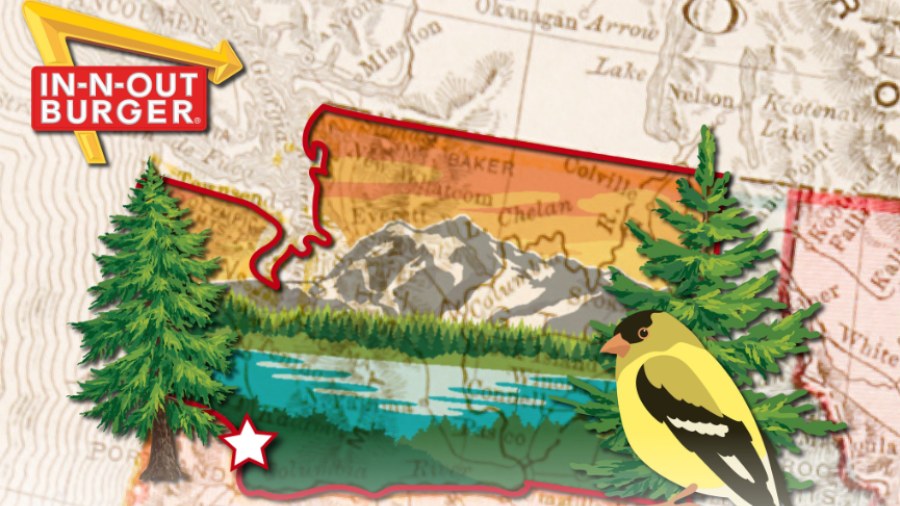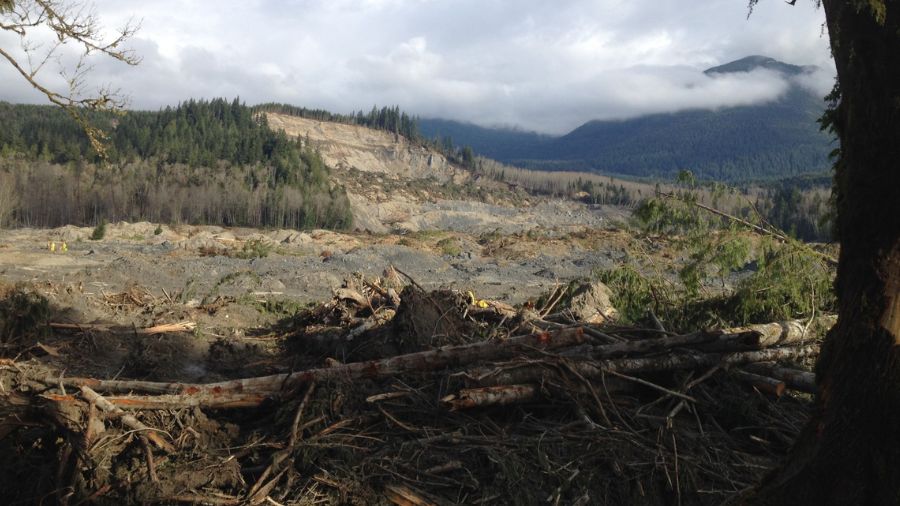Water safety tips from Washington State Parks for pandemic boating boom
May 24, 2021, 4:48 PM

Boating is a popular way for Washingtonians to get outdoors during the summer, but there are some important precautions to remember before stepping aboard. (Nicole Jennings/KIRO Radio)
(Nicole Jennings/KIRO Radio)
The pandemic has led to a tidal wave of people looking for socially-distanced fun in the form of boating on Washington’s lakes, rivers, and salt water.
“In 2020, the waterways were packed, … and we’re expecting 2021 to be just as busy,” said Rob Sendak, Boating Programs manager at Washington State Parks, and state boating law administrator.
Recreating on a boat is a great way to get outdoors, enjoy Washington’s natural splendor, and — at least if there’s no motor — get some exercise. But any time you are on the water, it’s critical to make sure you are having fun safely.
In honor of National Safe Boating Week, Washington State Parks is reminding everyone of some helpful tips to make sure your boating outing doesn’t turn overboard.
Bill requiring paddlesport safety course stalls, but boating laws still apply
Sendak said the single biggest mistake that Washingtonians make while out on the Puget Sound or a lake is not wearing a lifejacket. It’s a simple precaution to take — but it’s one that can make all the difference between death and survival if something goes wrong.
“Almost 80% of all fatalities — all victims in recreational boating accidents — are not wearing life vests,” Sendak said.
Lifejackets should be worn by anyone on any type of vessel, Sendak said. If you’re using a paddleboard, you should use a leash to tie yourself to the board, so that the paddleboard can be your means of floating.
“It doesn’t matter if it’s a 40-foot yacht or a 16-foot fishing boat with a 15 horsepower [engine],” Sendak said. “Wear that life vest, it’s going to save your life.”
If you get to the beach and realize you’ve forgotten your lifejacket, never fear — the Washington State Parks has 200 life jacket loaner stands near popular bodies of water throughout the state.
Sendak said people also err by “not paying attention to the weather” — or rather, not studying it closely enough.
“Not understanding that the weather is more than just, ‘Oh, it’s 80 degrees and sunny out today’ — you know what, that is the big trick, right?” Sendak said. “Because you’ve got to understand the wind, and — depending on what type of water body you’re going on, if you’re going on the ocean, salt water, lakes, and rivers — you need to understand tides and currents, you need to understand where the whitewater is, and the wind is the big factor.”
You should always remember to let a loved one know what waterway you’ll be visiting and when you plan to return home.
“That way, if bad things start to happen and you don’t make it home, people know where to start looking,” Sendak said.
And while some may think sitting on a sunny boat deck goes hand in hand with cracking open a beer, the person operating the boat should never drink alcohol. You wouldn’t get behind the wheel of a car when drunk — so don’t drink while behind the tiller of a boat, either.
“Just like driving a car or operating any large piece of machinery, alcohol and drugs just don’t mix when you’re operating a vessel,” Sendak said.
He noted that driving a boat while drunk can lead to impaired decisions, which can easily be dangerous when sharing the water with other vessels, or dealing with unruly seas.
“We do see fatalities that come from poor decision making,” he said.
You’ll learn many more safety tips and other pieces of critical boating knowledge when you get your Boater Education Card — a state requirement for everyone operating a 15 horsepower or greater motor vessel in Washington. Like a driver’s license, a Boater Education Card requires taking a written 75-question test. This will teach you important boating rules, like the “rules of the road.”
“Whether you are in a kayak or a 40-foot yacht or a sailboat, you have to understand who has the right-of-way in certain situations,” Sendak said. “That is one big area where we see folks — especially new boaters, and there are a lot of new boaters out there these days — where that test can help.”
While the Boater Education Card is only required for motorboats and is geared toward those types of vessels, Sendak said it includes helpful information for anyone in a kayak or on a paddleboard as well. The State Parks’ paddlesport page even offers a free course and test for human-powered watercraft.
Earlier this year, a bill in the Legislature was introduced to mandate that kayakers, canoers, and paddleboarders also get a Boater Education Card. Ultimately, however, the bill failed.













